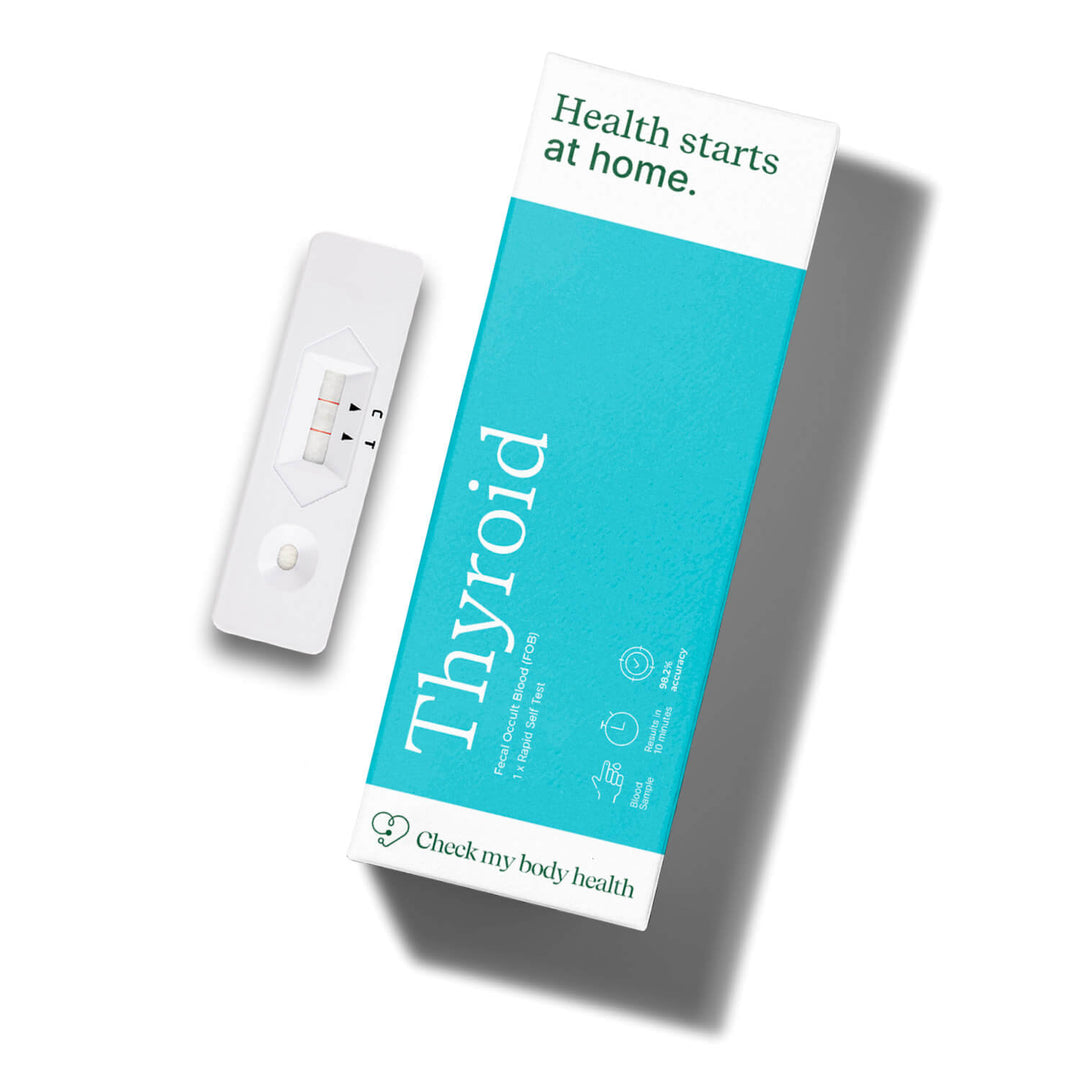Thyroid health
Understanding thyroid health
The thyroid gland plays a critical role in regulating numerous metabolic processes throughout the body. Understanding thyroid function, recognizing symptoms of thyroid dysfunction, and knowing how to manage these conditions are essential for maintaining optimal health. This guide provides a detailed overview of thyroid health, addressing common questions and outlining steps to take if you suspect thyroid issues.
The role of the thyroid gland
The thyroid gland influences almost all of the metabolic processes in your body through the production of thyroid hormones, primarily thyroxine (T4) and triiodothyronine (T3). Proper thyroid function is vital for energy regulation, body temperature, and overall organ function.
How thyroid issues affect health
Thyroid disorders can range from a small, harmless goiter (enlarged gland) that needs no treatment to life-threatening cancer. The most common thyroid problems involve abnormal production of thyroid hormones. Too much thyroid hormone results in a condition known as hyperthyroidism. Insufficient hormone production leads to hypothyroidism.
Common questions about thyroid Health
The thyroid is a small, butterfly-shaped gland located in the front of the neck. It produces hormones that regulate your metabolism, energy generation, and overall organ function.
Thyroid disease can affect anyone — men, women, infants, teenagers, and the elderly. However, women are more likely to develop thyroid disorders than men.
Common signs of thyroid dysfunction include unexplained weight changes, fatigue, abnormal heart rates, changes in mood or energy levels, and alterations in hair and skin texture.
Yes, thyroid function is typically assessed through blood tests that measure levels of thyroid hormones and thyroid-stimulating hormone (TSH).
If you suspect a thyroid issue, consult with a healthcare provider who can order appropriate tests and provide guidance based on the results.
Symptoms of thyroid dysfunction
Hypothyroidism:
- Fatigue and sluggishness
- Increased sensitivity to cold
- Constipation
- Dry skin
- Weight gain
- Puffy face
- Hoarseness
- Muscle weakness
Hyperthyroidism:
- Sudden weight loss
- Rapid or irregular heartbeat
- Sweating
- Nervousness or anxiety
- Irritability
- Tremor
- Increased sensitivity to heat
- Changes in menstrual patterns
Diagnosing thyroid issues
Thyroid function is typically assessed through blood tests, which are crucial for diagnosing and determining the severity of thyroid disease. Common tests include:
- TSH Test: Measures the level of thyroid-stimulating hormone in the blood and is the primary indicator of thyroid function.
- T4 Tests: Measure the level of thyroxine in the blood to further assess thyroid function.
- T3 Tests: Used to diagnose hyperthyroidism or to determine the severity of the hyperthyroidism.
Treatment options for thyroid disorders
Treatment depends on the type and severity of the thyroid disorder. Generally, treatment options include:
- Hormone Replacement Therapy: Used for hypothyroidism, involves supplementing low hormone levels.
- Medications: Used to decrease the production of thyroid hormone or to manage symptoms.
- Radioactive Iodine: Often used in hyperthyroidism to damage or destroy thyroid cells.
- Surgery: May be necessary to remove a part or all of the thyroid gland in severe cases.
When to seek help
If you experience symptoms of thyroid dysfunction, it's important to seek professional medical advice. Early detection and treatment can prevent the progression of thyroid diseases and improve quality of life.
Understanding your thyroid function and how it affects your body is crucial for maintaining your health. If you suspect you have thyroid issues, consider undergoing a thyroid test offered by reputable health and wellness providers like our health tests, intolerance tests, allergy tests, supplements, and health & nutrition programs. These tests can provide valuable insights into your thyroid health and help you make informed decisions about managing your condition.
For more information on thyroid health or to purchase a thyroid test, visit our website. Trust in our commitment to your health and well-being as you navigate the complexities of thyroid disorders.
By embracing proactive health management strategies, you can effectively address thyroid issues and enhance your overall health, ensuring a better quality of life.
Useful links:
- Mayo Clinic: https://www.mayoclinic.org/
- NHS: https://www.nhs.uk/
- Centers for Disease Control and Prevention (CDC): https://www.cdc.gov/














